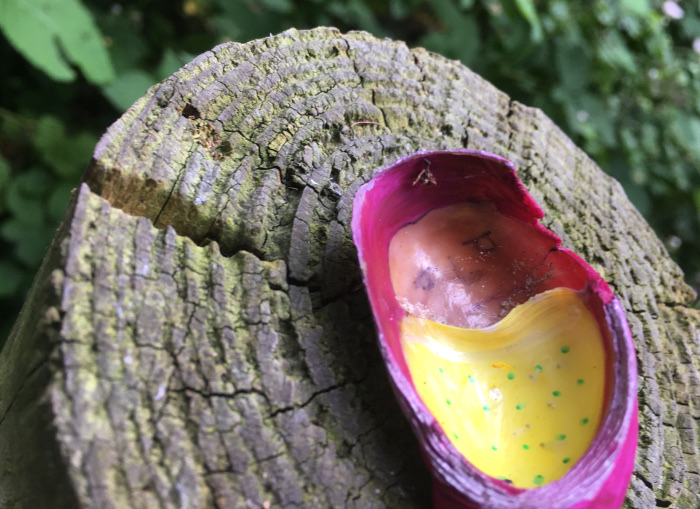 In a local woodland, I happened across a flash of magenta pink. Intrigued, I reached out, turned it over and discovered a curious work of art – a figure tucked up as though in bed, inside a slipper limpet.
In a local woodland, I happened across a flash of magenta pink. Intrigued, I reached out, turned it over and discovered a curious work of art – a figure tucked up as though in bed, inside a slipper limpet.
How could you explain this delightful oddity? Alternatively, could you focus on the theme of ‘overturned’?
Use either of these as the basis of a story.
If you write or create something prompted by this, please send an email to judydarley(at)iCloud.com to let me know. With your permission, I’ll publish it on SkyLightRain.com.
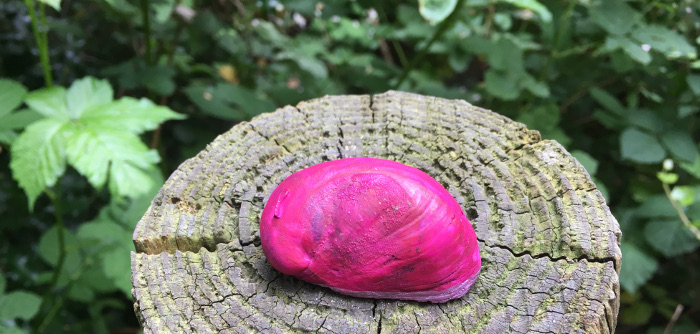

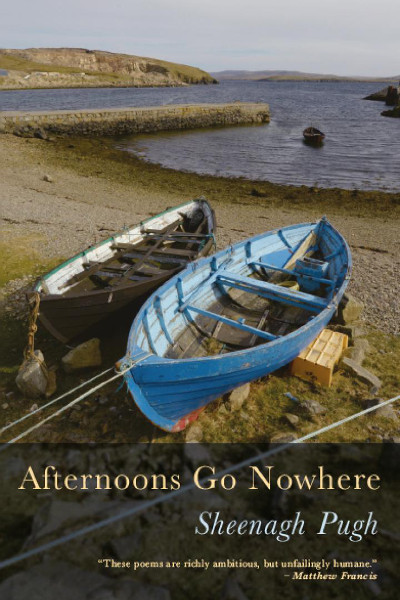 Time, in Sheenagh Pugh’s hands, has a tendency to turn gleefully slippery. In
Time, in Sheenagh Pugh’s hands, has a tendency to turn gleefully slippery. In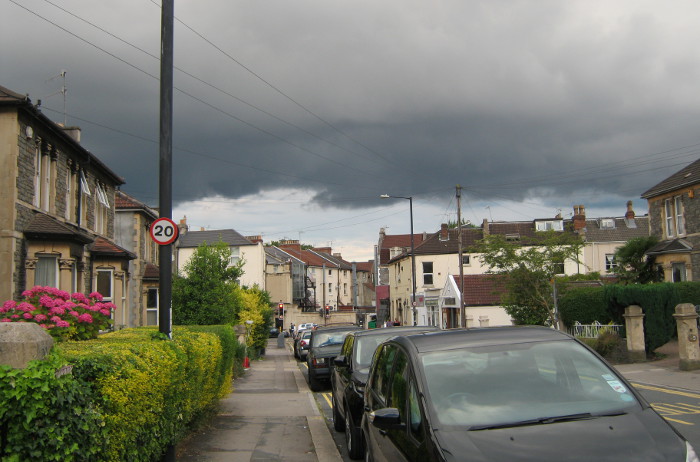 Sometimes a summer storm can creep in like a wall that hangs in the sky and threatens to fall. The contrast is so vivid – a perfect metaphor for a country’s political state or a family in crisis.
Sometimes a summer storm can creep in like a wall that hangs in the sky and threatens to fall. The contrast is so vivid – a perfect metaphor for a country’s political state or a family in crisis.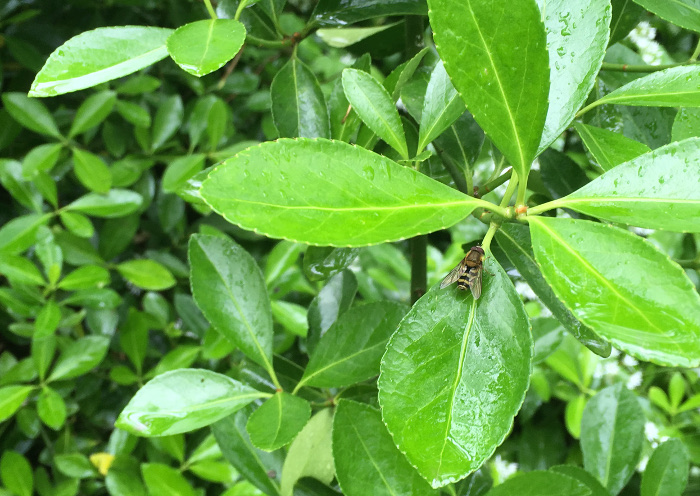 This Friday marks the start of one of the hottest UK-based events for fans of intense, bite-sized fiction –
This Friday marks the start of one of the hottest UK-based events for fans of intense, bite-sized fiction – 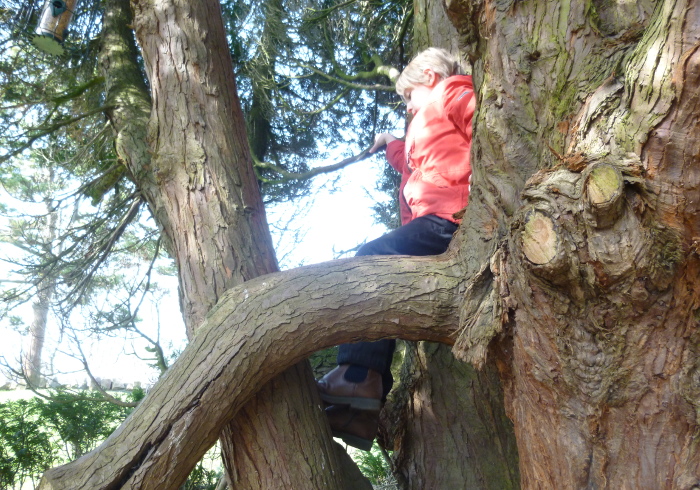 The word foster is a slightly curious one, meaning as it does to harbour everything from suspicions to emotions to children.
The word foster is a slightly curious one, meaning as it does to harbour everything from suspicions to emotions to children.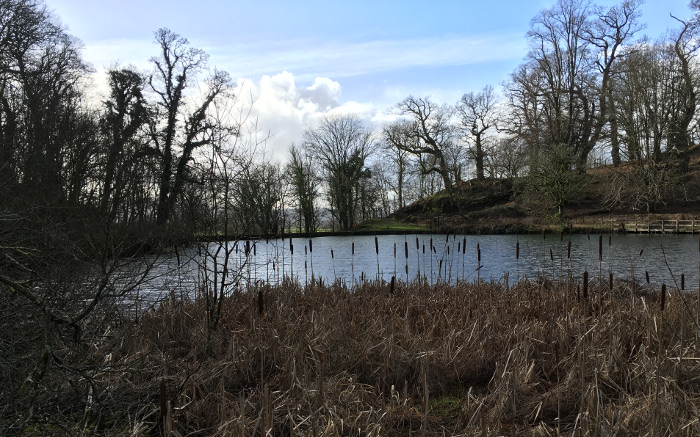 I’m delighted to see my story
I’m delighted to see my story 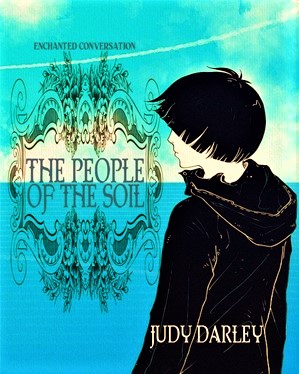 The story begins:
The story begins: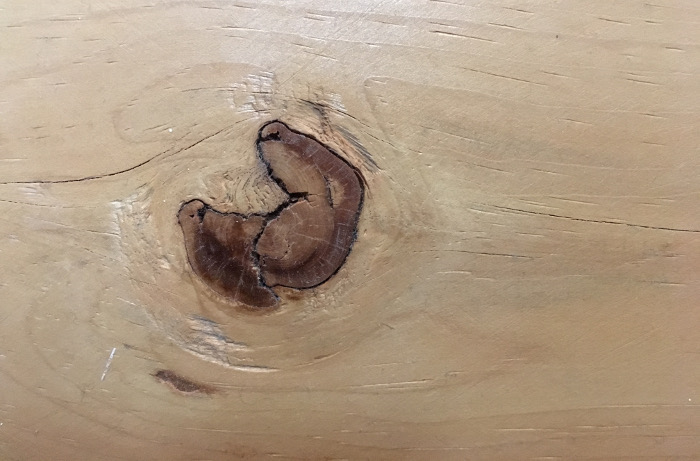
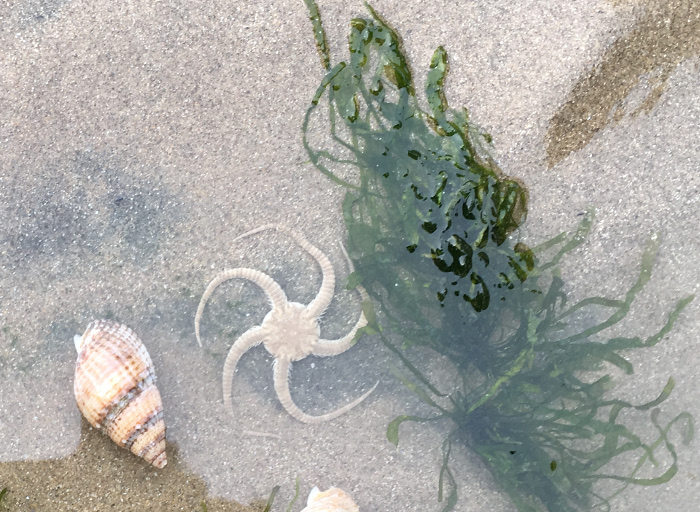 As a child, I thought there was little that could match the magic of a beach brimming with rock pools. Each one cradled a world that promised countless living treasures.
As a child, I thought there was little that could match the magic of a beach brimming with rock pools. Each one cradled a world that promised countless living treasures.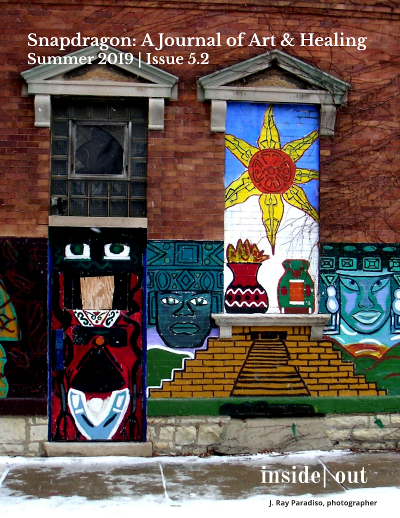 A selection of my Care Home Vignettes have been published as creative nonfiction in the Summer 2019 issue of
A selection of my Care Home Vignettes have been published as creative nonfiction in the Summer 2019 issue of 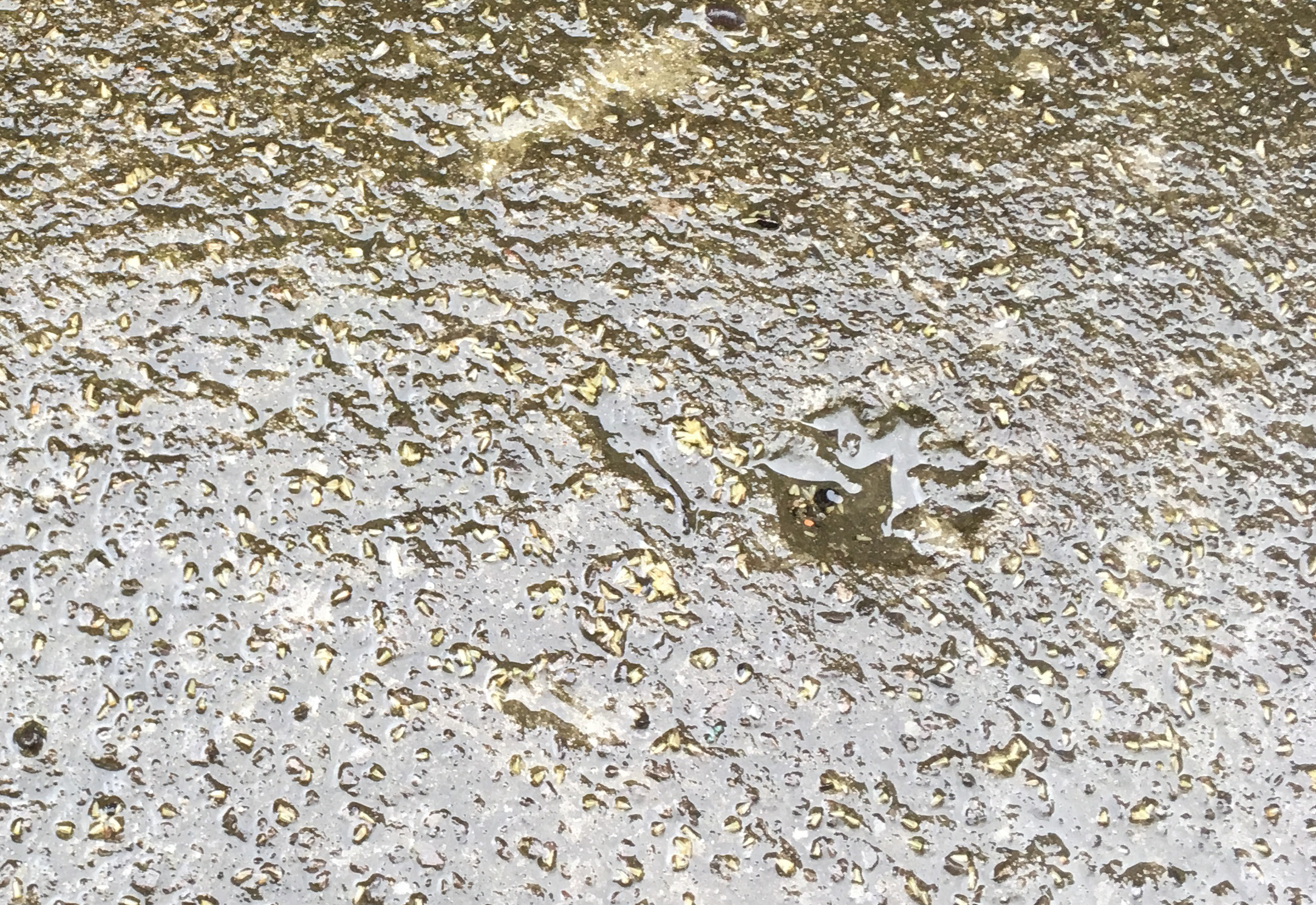 June is a joyful month for all things flash fiction-related, with
June is a joyful month for all things flash fiction-related, with